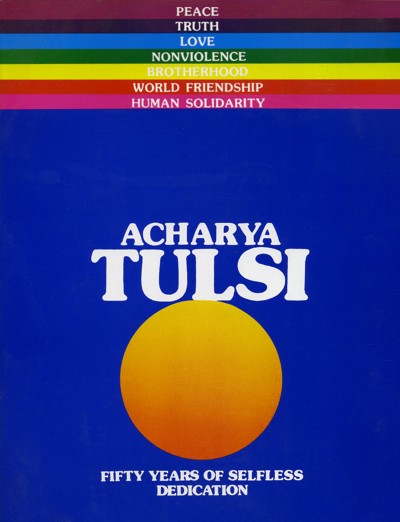Religion is the art of living. One who has curiosity to know life can acquire this art. And curiosity is aroused only by the unknown. Life as being experienced by man is incomprehensible. Only the extraordinarily gifted can know when the present merges into the past and the future into the present. Being unaware of the basic principles of life man gets caught in its tangles. For getting out of them one has to be adept in the art of living which is not possible without religion.
I consider religion to be an inextricable element of life, but I do not approve of a religion which lacks the power to transform life. A religion which revolves round wooden and outdated principles, which permits its followers to practise duplicity, and which has the germs capable of sundering human relations cannot become the art of living. For religion to be impregnated with the art of living it has to be wedded to a five-point programme.
These points are:
- Intellectuality,
- Experimental verifiability,
- Reconcilableness,
- Contemporariness and
- Disposition to goodwill.
According to me these points are intrinsic to a religious revolution.
INTELLECTUALITY
To analyse religion on an intellectual plane after ridding it of superstition, inflexibility and stereotypes, and to make the upasana aspect (that relating to the believer's or devotee's wish to gain proximity to the Godhead) congruent with intellectual and rational understanding.
EXPERIMENTAL VERIFIABILITY
To conduct experiments in the laboratory of life with the elements of religion An ideal becomes usable only if it is practicable.
RECONCILABLENESS
Religion has an unbelievable capacity to systematize and reconcile the problems of the individual as well as of society. Unless this capacity is put to use, religion cannot be truly effective.
CONTEMPORARINESS
Religion must be relevant to the present, since a religion merely tied down to the past and the future cannot attract any intellectual.
DISPOSITION OF GOODWILL
It is a basic function of religion to create goodwill between different religious communities. The ideal of true religion will remain unrealised until representative religious institutions develop mutual goodwill.
The form of religion that will emerge in the context of the above five points should be able to present a justification for a religious revolution.
 Acharya Tulsi
Acharya Tulsi
